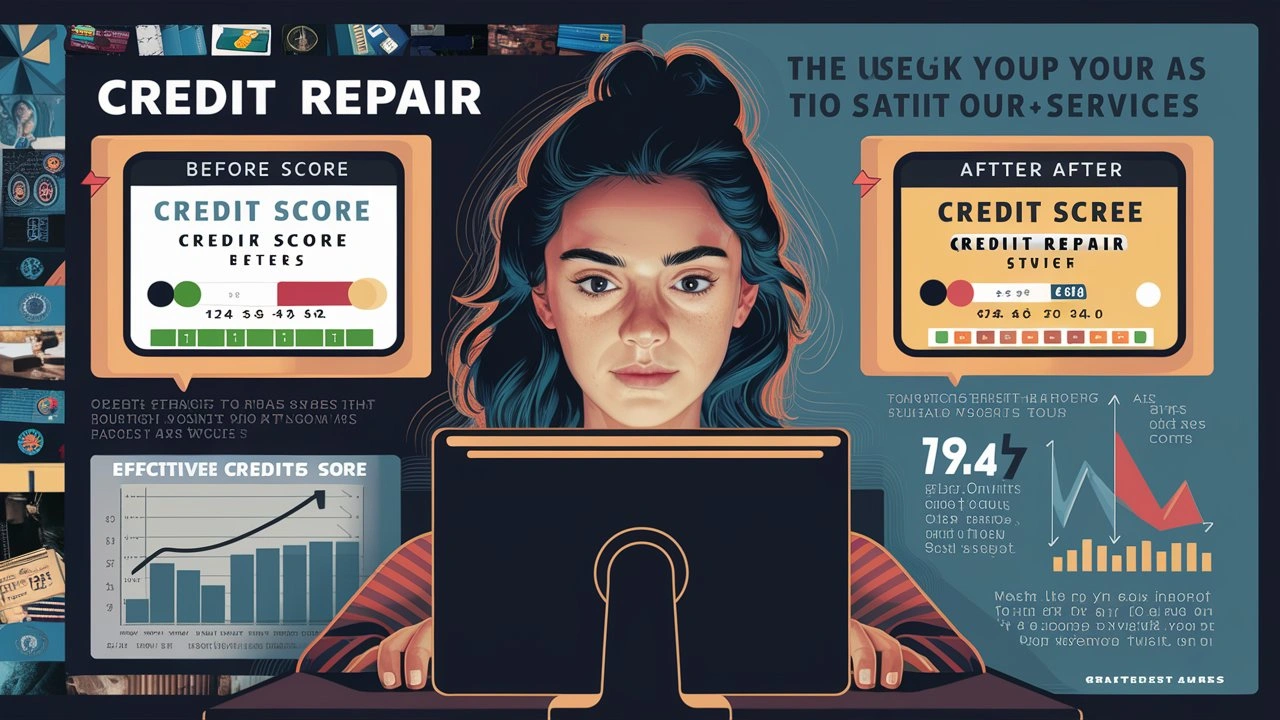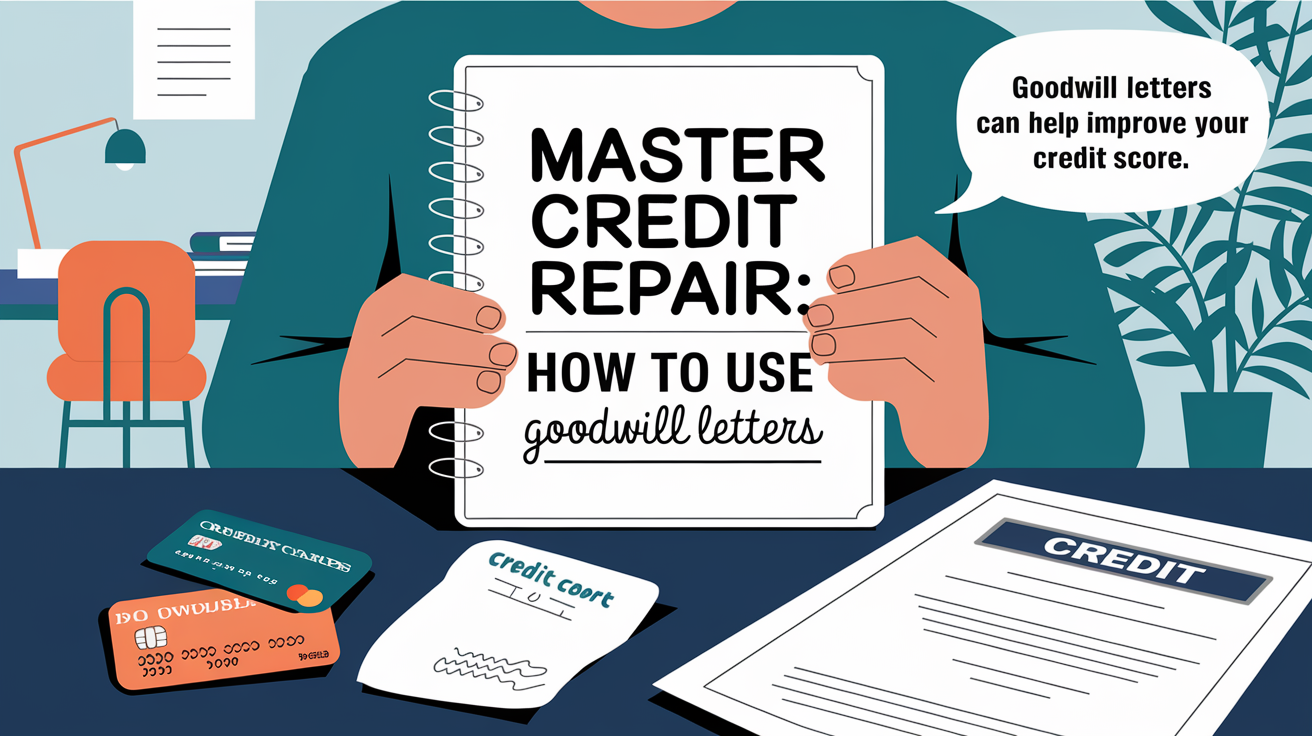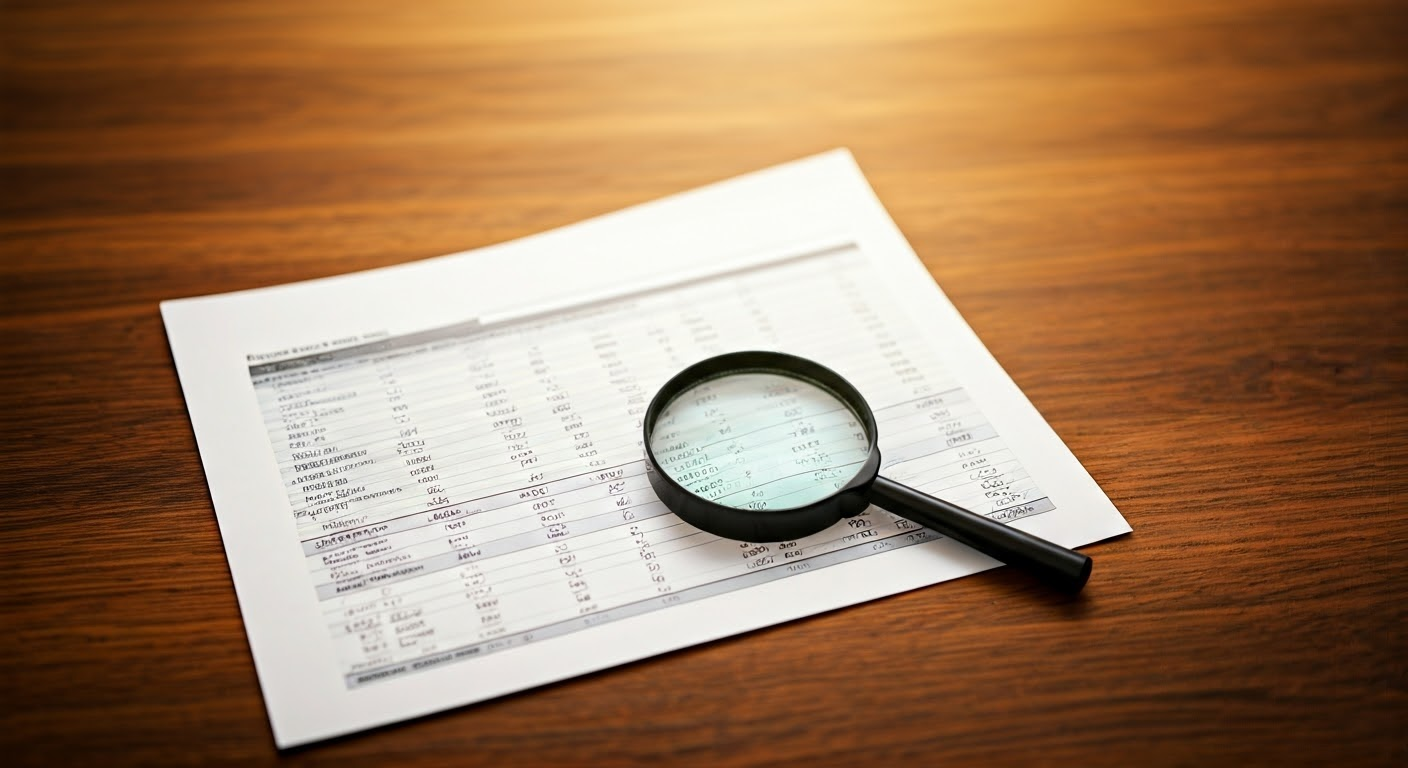Does Credit Repair Actually Work?

Is Credit Repair Possible?
It is crucial to understand how your credit report and score affect your financial life. It determines whether or not one is eligible for a credit card or a loan, or even the rate of interest. If you have had problems in the past, such as late payments or errors that you have spotted on your credit report, you will want to get them rectified. But this is where credit repair comes into the picture.
Business firms claim that they can help you, and in the process of doing so, they can check your credit reports, find errors or old data, and ensure the deletion of negative items to improve your score. But does credit repair work, and is it worth the money? Here’s what you have to understand.
How Credit Repair Works?
If you are hiring the services of a credit repair company, then they will initiate the process by disputing the credit items on your behalf. This means writing to the credit bureaus and the companies that reported you to dispute any information that is appearing. This can include:
- Late payments
- Collections accounts
- Bankruptcies
- Foreclosures
- Repossessions
- Products from identity theft
Credit repair companies are aware of consumer protection laws that regulate credit reporting. If the information a company is sharing about you is false, cannot be verified, or is outdated, they have to delete or update it on your request.
In essence, credit repair firms simply automate this process of disputing errors for a monthly fee rather than you struggling with difficult, inaccurate marks alone.
Does It Work?
The answer is sometimes. The only time credit repair works is when there are errors or things on the credit report that should not be there, pulling down the score. Erasing wrong late payments or settled accounts you paid can undoubtedly help to boost your score.
However, credit repair has its limitations.
Credit repair cannot delete accurate negative items from your reports if indeed you were one to pay your bills late, if you had your accounts referred to collection, or if you filed for bankruptcy. Regardless of how much you may desire that information to be erased, if it is reporting the correct status of your financial history, it usually cannot be deleted.
It takes 180 days before you can repair an accurate late payment successfully. The credit reporting information that is negative is reported for 7 years, but the effect reduces with time. Thus, waiting can sometimes alleviate reporting problems on their own.
This means that you have to be willing to change how you approach credit to garner a real change. Unlike the other negative factors that affected your low score, such as overspending or missing payments, dings, if they are not resolved, can recur and reduce the progress achieved.
Is the Investment Worthwhile or Profitable?
It is common to find people determining the effectiveness of credit repair based on the amount of increase in their score. Businesses or marketers tend to boast and provide unrealistic expectations that the results could be obtained in record time or a guaranteed number of points. However, it is impossible to know by how many points your score will increase. You can compare scores, but they vary based on your credit profile and history.
This is why consumer advocates often advise dealing with the issues on their own rather than hiring a repair firm. The credit bureaus have to handle all the disputes that you submit on their manual system in the same manner they do for a company.
This is according to the Federal Trade Commission, which states that businesses cannot delete accurate information from reports or have legitimate negative listings expunged fully. What credit repair can provide is information on which types of disputes are likely to be most successful against incorrect reporting. Firms could also have methods that enable efficiency in the process. It makes you consider whether that convenience is worth the money in the form of monthly fees.
The good news is that checking your credit report does not cost anything. You can now get free weekly credit reports from Experian, Equifax, and TransUnion through the end of 2023 through federal law. It is wise to monitor for any errors that seem to appear regularly. If you do come across such differences and are confident in your ability to go through the process of reaching out to bureaus and companies on your own, you do not incur the cost of hiring credit repair services.
How to Improve Your Credit Score on Your Own?
Thus, repair can help to enhance your rating, but your behaviors contribute more when it comes to the process of the score increase in the future. Things you can do without paying fees include.
- Ensure all bills are paid regularly without missing a due date
- Do not use credit card limits as a way of financing the purchases
- Reduce the number of new credit applications
- Have credit types like loans and cards
- Wait for negative information to be out of circulation for more than 7 years.
Good credit behavior allows your credit score to rise as fast as it can because the positive entries can push out the old negative ones. However, if your history is filled with actual negative items that bring down your score significantly, professional repair may provide additional assistance in erasing the falsehoods pulling you down.
Ready to boost your credit score? Call +1 888-804-0104 now for the best credit repair services near you! Our expert team is here to help you achieve financial freedom and improve your credit. Don't wait—get started today!



